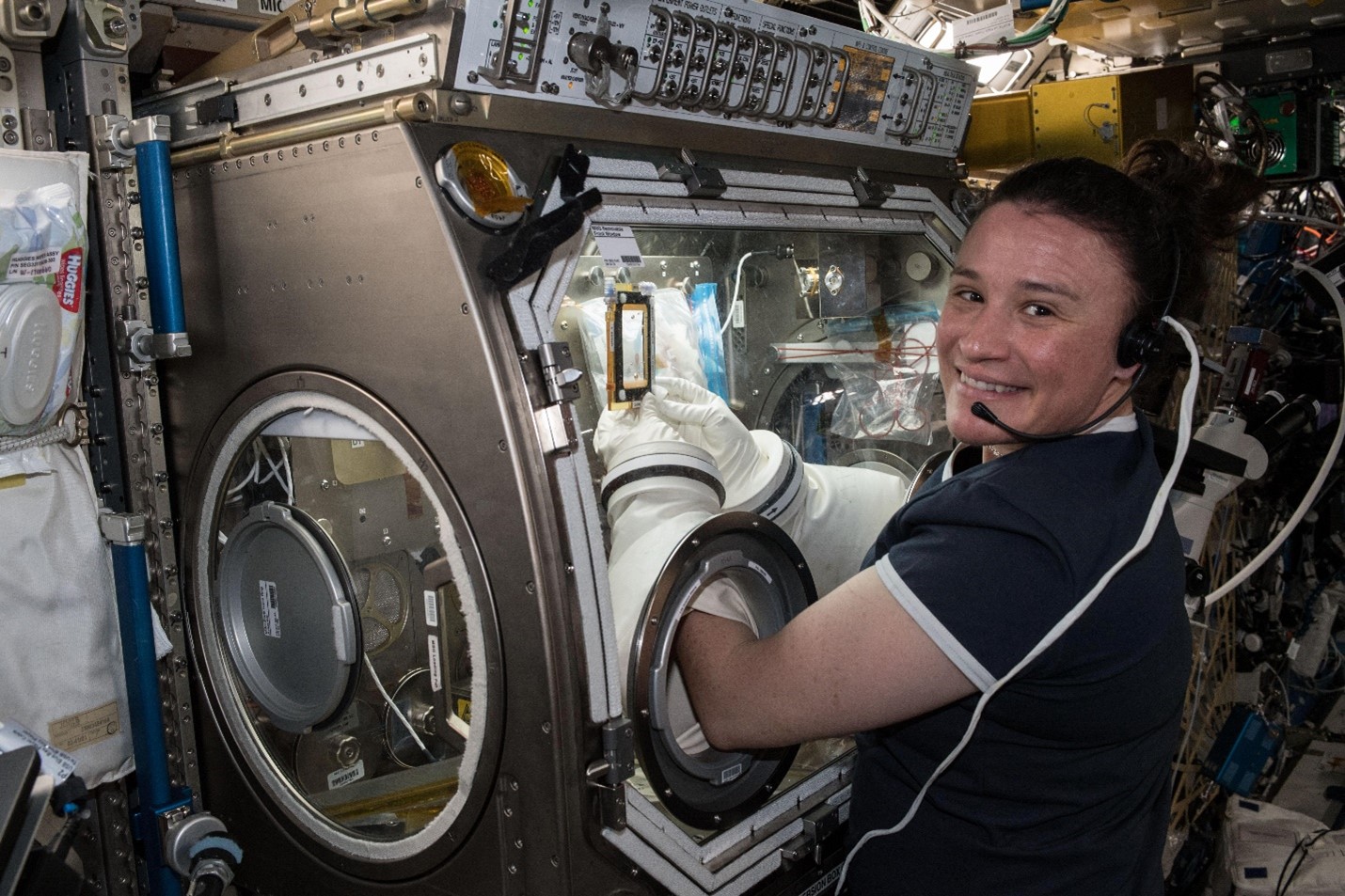NASA has extended its cooperative agreement with the Center for the Advancement of Science in Space (CASIS) through 2027 to help manage the U.S. segment of the International Space Station, which is designated as a national laboratory. CASIS is enabling NASA to continue maximizing space station science and help create a seamless transition to commercial low-Earth orbit destinations.
The International Space Station National Laboratory (ISS National Lab) and its users will continue to conduct science, applied research and development, technology demonstrations, education, and public engagement for the benefit of humanity.
“We are excited to continue NASA’s partnership with CASIS to enable more research and deliver Earth benefits using the unique microgravity environment of space,” said Robyn Gatens, director of the International Space Station and NASA liaison to the ISS National Lab. “Extending our cooperative agreement through 2027 now is important to provide continuity for our user community while we look toward how this model should evolve as we begin the transition to commercial low-Earth orbit destinations later in the decade.”
The benefits that come from a variety of research and operations in space are bolstered by CASIS and strive toward improving humankind’s well-being on Earth.
In the past 10 years alone more than 150 peer reviewed articles have resulted from ISS National Lab sponsored research and development, lending credibility and prestige to research conducted on the space station.
One such benefit of the unique microgravity environment of the space station is the Endothelial Cells in Microgravity as a Model System for Evaluation of Cancer Therapy Toxicity (Angiex Cancer Therapy) investigation. Angiex aims to culture endothelial cells (ECs) in a space environment to improve testing methods for cancer treatment on Earth. Results may create a unique model system for designing safer drugs targeting the vasculature of cancer tumors. And the successful creation of a model system from ECs cultured in microgravity may help pharmaceutical companies design safer vascular targeted drugs.
Another benefit enabled by CASIS is NASA’s ADVASC (Advanced Astroculture) system. Station crews successfully grew two generations of Arabidopsis plants, a model organism that is well understood and often used in fundamental biology experiments. Scientists adapted the ADVASC system for use in air purification on Earth. Initially used to prolong the shelf life of fruits and vegetables in grocery stores, the technology drew the attention of winemakers, who used it in their cellars to enhance storage conditions. However, multiple companies also now use this technology in air purifiers that were shown to be effective in eliminating the SARS-CoV-2 virus.
The initial cooperative agreement with CASIS was awarded in 2011 and NASA previously extended the agreement through 2024.
Since the initial award, the ISS National Lab has selected more than 500 payloads to launch to the orbiting laboratory. The payloads represent more than 600 investigations in areas such as informing drug development, conducting student-developed experiments, producing unique materials such as optical fibers, developing regenerative medicine capabilities, and performing investigations in fundamental physics and life sciences – often in partnership with other government agencies like the National Institutes of Health and the National Science Foundation. This research portfolio represents a growing community of researchers, companies, and investors wanting to leverage and expand the use of low-Earth orbit.
“For more than a decade, CASIS has been partnering with the International Space Station Program and the low-Earth orbit user community to enable research on station, and we’re enthusiastic about continuing that work through this extension,” said Joel Montalbano, program manager for the International Space Station.
For more information on the International Space Station’s benefits for humanity, read the 2022 ISS Benefits for Humanity book.

























